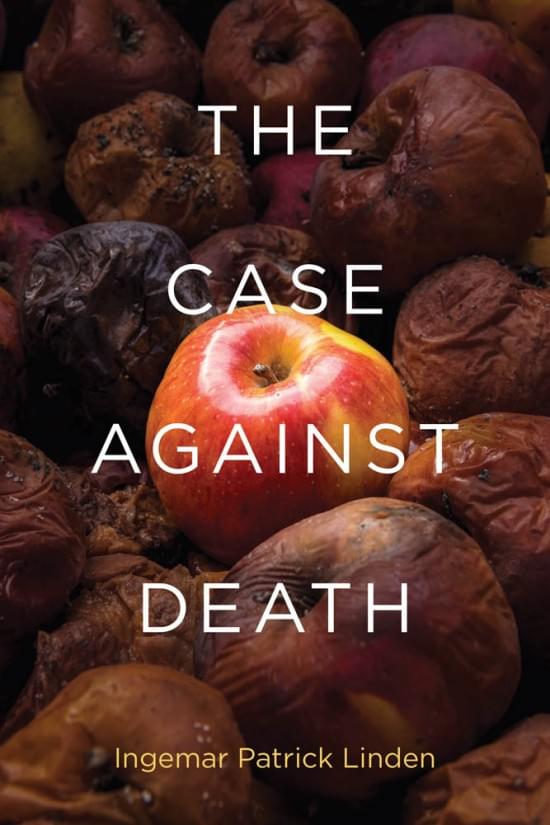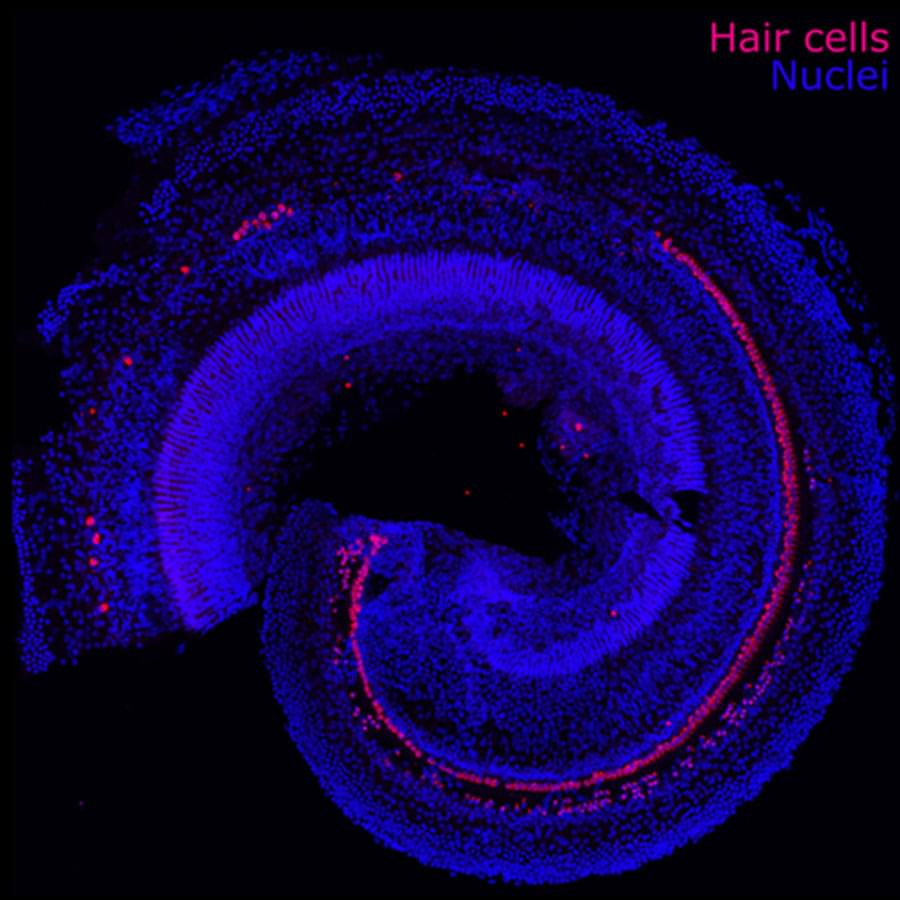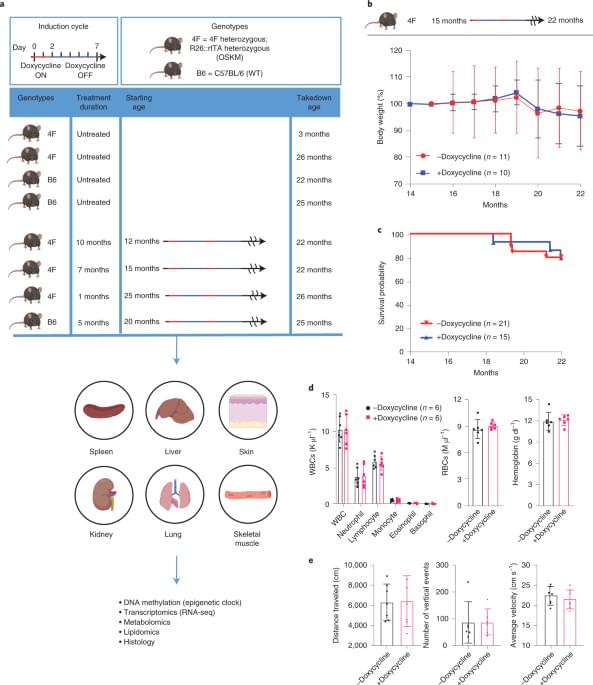Trial will collect muscle aging biomarker data to inform Phase 2 trials and future development for muscle atrophy in hospitalised patients.



CARMAT, the developer of the world’s most advanced completely artificial heart has successfully raised €40.5 million in funding. The raise is set to finance the production of their Aeson artificial heart, which the company hopes will provide an alternative treatment option for people with heart failure – a condition affecting around 6.2 million adults in the US alone [1].
Longevity. Technology: Beating around 100,000 times per day, your heart works around the clock to keep your circulatory system ticking. The steady sound of your heartbeat is a comforting constant throughout your life. Forming the centre of the circulatory system, the heart continuously pumps blood around the body to deliver oxygen and nutrients to cells. Due to this constant work, our hearts can unfortunately wear out as we age, with cardiovascular diseases continuing to be the leading causes of death globally [2].
End-stage heart failure is a serious condition that occurs when the heart can no longer transport blood throughout the body effectively. It most often affects the left chamber of the heart, which pumps oxygen-rich blood around the body, leading to biventricular heart failure. Vital organs like the brain, liver and kidney fail to get enough oxygen and nutrients to function properly. With few treatment options, end-stage heart failure sometimes requires serious intervention like heart transplantation – considered the gold standard therapy. However, due to the global shortage in organ donors, this is not always possible and there is a gap for a therapeutic alternative that could have huge implications for longevity globally.
The SENS Research Foundation Board of Directors has a singular focus – to help the Foundation develop, promote, and ensure widespread access to therapies that cure and prevent the diseases and disabilities of aging. As the body responsible for ensuring the organization’s alignment with its mission, it is important our Board comprise leaders within the longevity field – visionaries dedicated to defeating the effects of aging permanently.
Many supporters have followed with interest our recent separation from our co-Founder Dr. Aubrey de Grey, and some have expressed concern regarding the possibility of our mission focus drifting off course. We remain firmly on-mission and continue to make real progress in our field, however, we acknowledge that we are the foundation we are today because of Dr. de Grey’s vision and leadership within the longevity movement. With this in mind, we have formally offered Dr. de Grey a Directorship within the Board of Directors.
His installment as a Director will be effective immediately upon the successful completion of the recommendations made by the accredited professional he has personally engaged, with a subsequent letter of recommendation to the Board of Directors supporting Dr. de Grey’s ability to fulfill the duties of Directorship. In this capacity, Dr. de Grey would lend his expertise to help steer the vision of the Foundation. Consistent with good governance and past practices, Dr. de Grey and the other members of the Board will approve the annual budget, review the annual audit, interview and hire executives, act as advocates for SRF, and largely ensure that the mission is being adhered to by the organization.


By Ingemar Patrick Linden
A philosopher refutes our culturally embedded acceptance of death, arguing instead for the desirability of anti-aging science and radical life extension.
Ingemar Patrick Linden’s central claim is that death is evil. In this first comprehensive refutation of the most common arguments in favor of human mortality, he writes passionately in favor of antiaging science and radical life extension. We may be on the cusp of a new human condition where scientists seek to break through the arbitrarily set age limit of human existence to address aging as an illness that can be cured. The book, however, is not about the science and technology of life extension but whether we should want more life. For Linden, the answer is a loud and clear “yes.”
The acceptance of death is deeply embedded in our culture. Linden examines the views of major philosophical voices of the past, whom he calls “death’s ardent advocates.” These include the Buddha, Socrates, Plato, Lucretius, and Montaigne. All have taught what he calls “the Wise View,” namely, that we should not fear death. After setting out his case against death, Linden systematically examines each of the accepted arguments for death—that aging and death are natural, that death is harmless, that life is overrated, that living longer would be boring, and that death saves us from overpopulation. He concludes with a “dialogue concerning the badness of human mortality.” Though Linden acknowledges that The Case Against Death is a negative polemic, he also defends it as optimistic, in that the badness of death is a function of the goodness of life.
Join us on Patreon!
https://www.patreon.com/MichaelLustgartenPhD
Papers referenced in the video:
Oral glycotoxins determine the effects of calorie restriction on oxidant stress, age-related diseases, and lifespan.
https://pubmed.ncbi.nlm.nih.gov/18599606/
Reduced oxidant stress and extended lifespan in mice exposed to a low glycotoxin diet: association with increased AGER1 expression.
https://pubmed.ncbi.nlm.nih.gov/17525257/
Gut microbiota drives age-related oxidative stress and mitochondrial damage in microglia via the metabolite N 6-carboxymethyllysine.
https://pubmed.ncbi.nlm.nih.gov/35241804/
Plasma Carboxymethyl-Lysine, an Advanced Glycation End Product, and All-Cause and Cardiovascular Disease Mortality in Older Community-Dwelling Adults.
https://pubmed.ncbi.nlm.nih.gov/19682127/
Advanced glycation end products and their circulating receptors predict cardiovascular disease mortality in older community dwelling women.

Founded by MIT scientists, the clinical-stage biotech company Frequency Therapeutics discovered a way to reverse hearing loss without hearing aids or implants. Focusing on progenitor cells (which reside in the inner ear and turn into hair cells when humans are in utero, before going dormant) the company injects small molecules into the cochlea, which transform these cells into hair cells that help us hear. During their 200-person trial, the company saw meaningful improvement in patients’ hearing, with some reporting improved speech perception after a single injection that lasted nearly two years. “I wouldn’t be surprised if, in 10 or 15 years, because of the resources being put into this space and the incredible science being done, we can get to the point where [reversing hearing loss] would be similar to Lasik surgery, where you’re in and out in an hour or two,” says Harvard-MIT Health Sciences and Technology affiliate faculty member Jeff Karp. While the drug still needs to undergo further testing, the breakthrough is a hopeful milestone for the field of regenerative medicine. Read more about it at SciTechDaily.
This video was produced on April 15, 2022 for the Future of Life Insititute’s Worldbuilding program.
Please support the Future of Life Institute: https://futureoflife.org.
Music by John Lennon.
Arrangement, keys, lyrics, voice and video editing by Sergio M.L. Tarrero.
#peace #Ukraine #UN #technoabundance #nanotechnology #longevity #AI

Age reversal in mice.
In vivo partial reprogramming by expression of Oct4, Sox2, Klf4 and c-Myc has been shown to have rejuvenating effects in a mouse model of premature aging. Here, the authors report that longer-term partial reprogramming regimens are safe and effective in delaying age-related changes in physiologically aged mice.
I made this video clip with excerpts from a recent TEDx talk by David Sinclair. The link to the entire talk is in the description.
He agregado subtítulos en Español.
Videoclip taken from a talk given by scientist David Sinclair on March 15, 2022 during a TEDx Talk in Boston. To watch the entire TEDx talk clic here: https://external-sjc3-1.xx.fbcdn.net/safe_image.php?w=50…RjQw7UlAwN